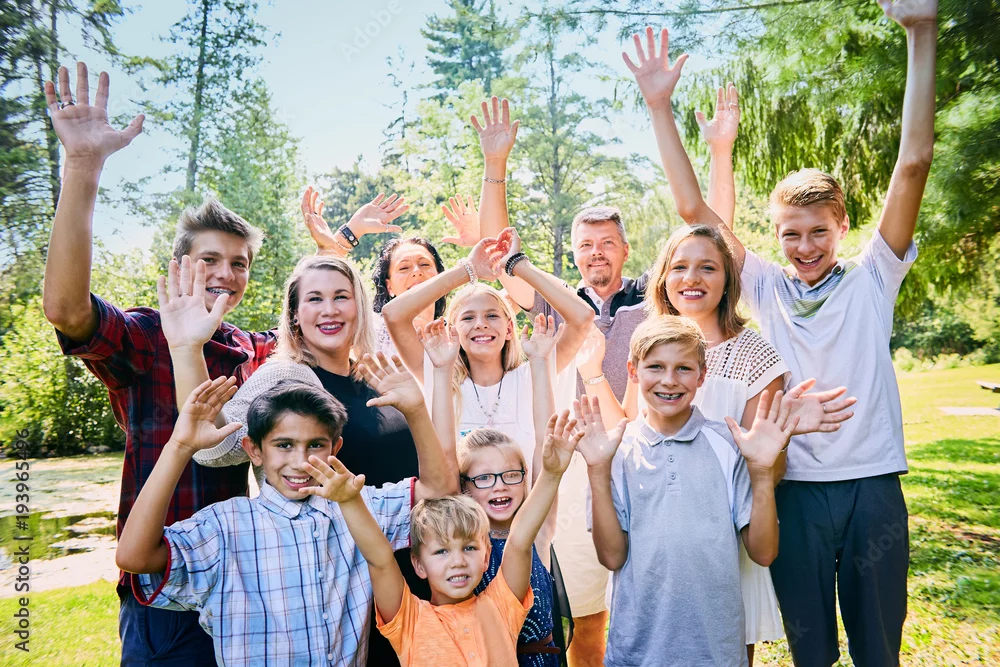
Mastering the Art of Social Conversation: How to Leave Feeling Energized, Not Drained
Have you ever left a social event feeling completely drained, even if the conversations weren’t particularly bad? Or maybe you’ve experienced the opposite—walking away from an evening feeling light, inspired, and genuinely connected?
Last night, I attended a beautiful gala, and as I reflected on the evening, I realized just how much of a difference it makes when you engage in social settings with intention. I used to approach events with a bit of apprehension, wondering how to navigate conversations in a way that felt natural and enjoyable. But over time, I’ve learned that socializing—when done right—doesn’t have to be exhausting. In fact, it can be energizing.
In this blog, I’m sharing key strategies that have helped me navigate the art of conversation and leave interactions feeling uplifted rather than depleted.
1. Set Your Energy Intention Before You Arrive
Before stepping into a social setting, take a moment to ground yourself. Instead of worrying about how the night will unfold, shift your focus to how you want to feel. I like to take a deep breath and affirm:
“I am open to meaningful, lighthearted, and enjoyable conversations. I give and receive positive energy with ease.”
This small mindset shift sets the tone for your experience. Rather than overthinking, you naturally attract interactions that align with your energy.
2. The Power of Being Present
One of the most valuable lessons I’ve learned is that people don’t necessarily remember what you said—they remember how you made them feel. And one of the best ways to leave a lasting impression is simply to be fully present.
Instead of thinking about what you’ll say next, focus on truly listening. Make eye contact, smile, and engage with genuine curiosity. Ask follow-up questions that show you’re paying attention, like:
• “That sounds fascinating—how did you get into that?”
• “What’s been the highlight of your weekend so far?”
When people feel heard and seen, the conversation naturally flows, and both of you walk away feeling enriched.
3. Selective Engagement: Know Where to Invest Your Energy
Not every conversation will be the right fit for you—and that’s okay. Sometimes, small talk can feel surface-level or energetically draining. That’s why I’ve embraced a selective engagement approach.
Rather than forcing conversations that feel stagnant, I look for exchanges that feel mutually uplifting. If a conversation starts to feel draining or obligatory, it’s perfectly fine to gracefully exit. A simple way to do this is by saying:
“It’s been so nice chatting with you! I’m going to grab another drink/mingle a bit, but I hope we cross paths again soon.”
This allows you to protect your energy while keeping the interaction warm and polite.
4. Keep Conversation Light & Engaging
If you sometimes feel awkward in social settings, having a few easygoing conversation starters in mind can be helpful. Instead of defaulting to “So, what do you do?” (which can feel transactional), try something a bit more engaging, such as:
• “What’s been the best part of your 2025 so far?”
• Have you attended this event before?”
These open-ended questions create a more natural flow, making it easier to build connection.
5. Body Language & Energy Awareness
Social interactions aren’t just about words—your energy plays a huge role in how people perceive you. Maintaining open body language (relaxed shoulders, uncrossed arms, and a warm expression) makes you more approachable and helps conversations flow more easily.
Similarly, tuning into other people’s energy is key. If someone seems disengaged or distracted, don’t take it personally—just shift your focus elsewhere. The best interactions happen when energy is reciprocated.
6. Ending Conversations on a High Note
A great conversation doesn’t have to be long—it just has to feel good. One of my favorite social strategies is leaving an interaction before it starts to fizzle. Rather than lingering in awkward pauses, I like to end on a high note, saying something like:
“I’ve really enjoyed chatting with you! Let's stay in touch.”
This keeps the connection open while allowing you to transition smoothly.
Final Thoughts: Socializing as an Energy Exchange
At the end of the day, conversations are an energy exchange. When you become intentional about where you invest your time, how you engage, and who you choose to interact with, you’ll find that socializing becomes enjoyable rather than exhausting.
The next time you step into a social setting, experiment with these tips and notice how your interactions shift. And most importantly—have fun with it!
Yours truly,
~ Jennifer ❤️❤️









